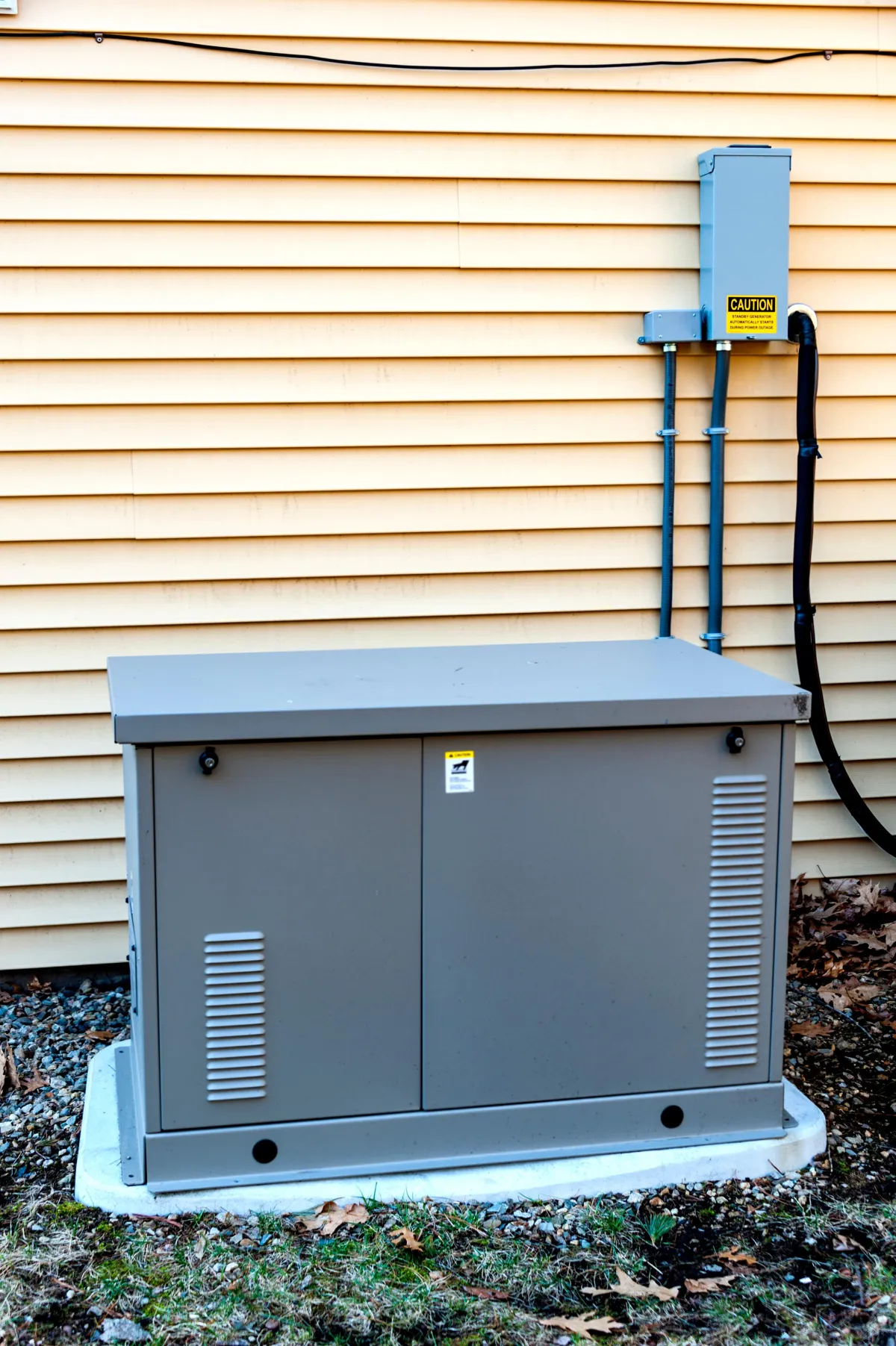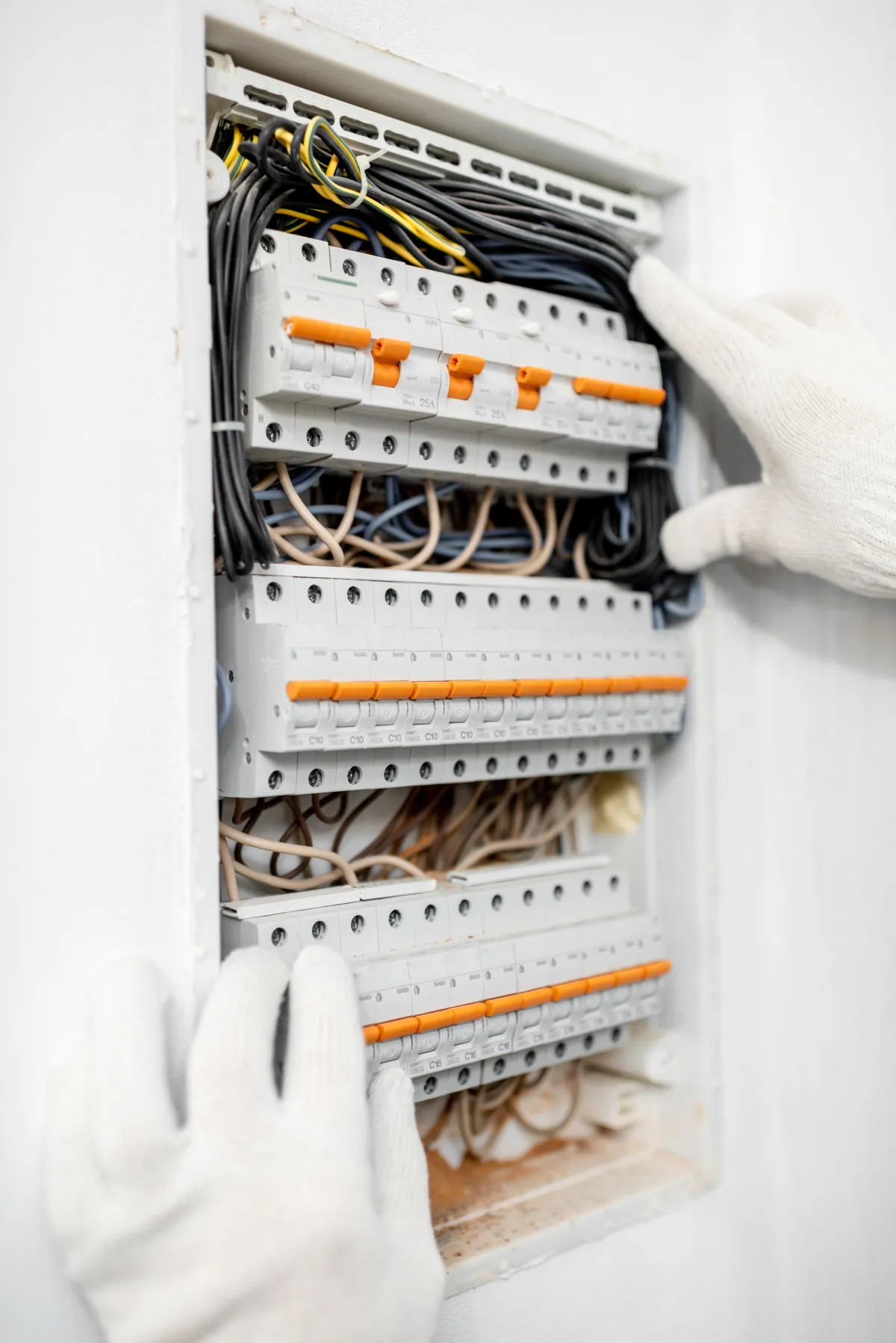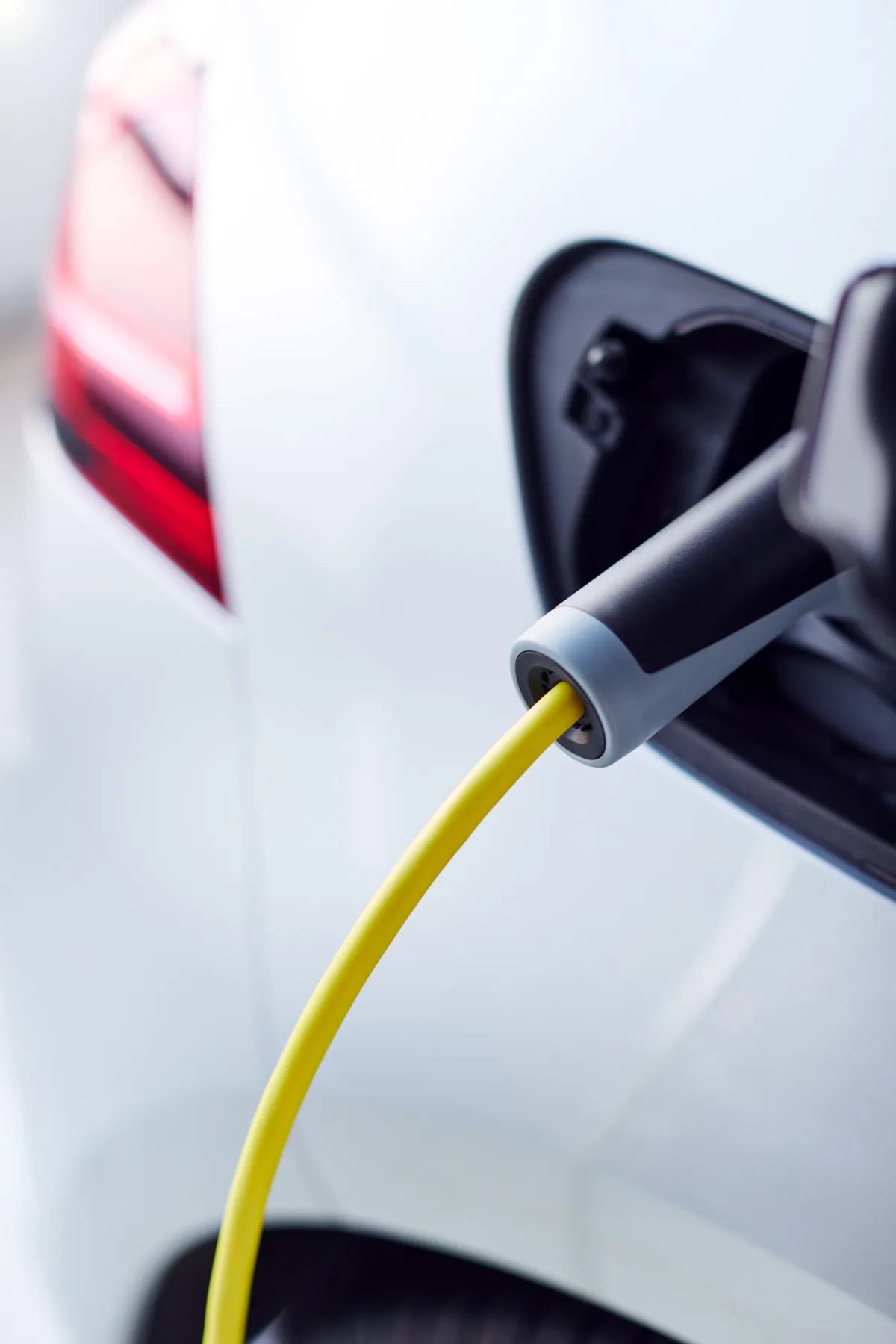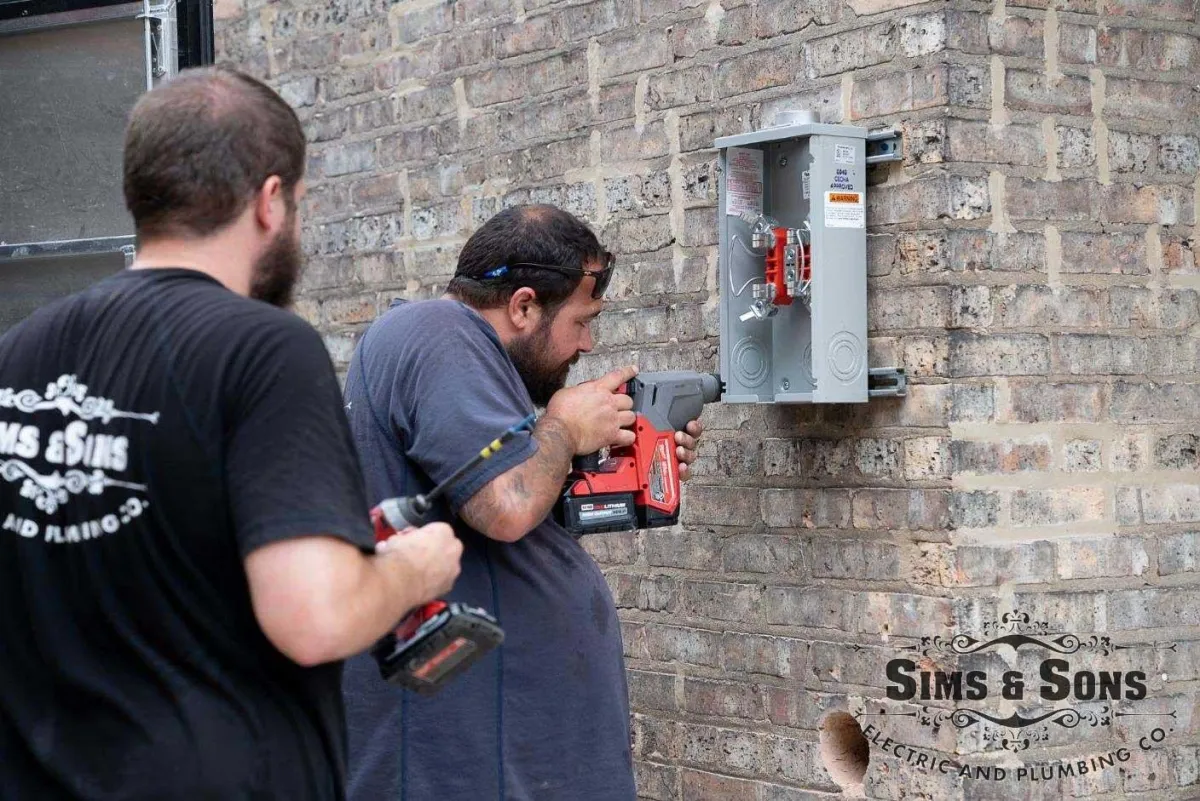
Most Trusted Chicago Electrician Services -
24/7 Emergency Support
Thousands of happy customers trust our family-owned business for clear pricing, quality work, and timely service.
Our Services
At Sims & Sons, we provide trusted, high-quality commercial electrical services and residential electrical services across Chicago and surrounding suburbs.
Whether you need a panel upgrade, EV charger installation, wiring for new construction, or emergency repairs, our licensed and experienced electricians ensure safe and long-lasting results.

24/7 Emergency Services
Fast, reliable repairs for
power outages, wiring issues, and urgent electrical problems—available anytime!

Generator Installation
Stay powered during outages with a whole-home or business backup generator installation.

Electrical Panel Installation & Upgrades
Upgrade your home or business with a modern, high-capacity panel for safety and efficiency.

Electric Vehicle Charger Installation
Install an electric vehicle charger station at your home or commercial property.

Light Fixture Installation
Professional installation of
chandeliers, recessed lights, LEDs, and security lighting for homes and businesses.

Wire Installation
Replace outdated wiring to meet modern electrical demands and safety codes.

Solutions That Power Your Home & Business.
Electrical work isn’t just about wires—it’s about safety, efficiency, and reliability.
Whether upgrading your panel, installing new fixtures, or handling urgent repairs, at Sims & Sons ensure every job is done right.
Expert Electrical & Plumbing Services for Homes & Businesses
COMMERCIAL ELECTRICAL SERVICES & RESIDENTIAL ELECTRICAL SERVICES
From panel upgrades and EV charger installations to lighting and wire installation, we deliver top-notch craftsmanship and reliable service.













Need an Affordable & Reliable Electrician?
Fast, expert electrical service at competitive rates—available 24/7 for emergencies!
See Why Chicago Trusts Us for Reliable Electrical Services
Our 5-star reviews speak for themselves—quality work, honest pricing, and outstanding customer service.
Dan D.
Darrell and the team at Sims and Sons were incredible every step of the way in installing a hardwired EV charger with dedicated service in our detached garage.
From us start to finish, they were transparent and responsive. It's clear they truly love what they do and care about their customers. Definitely keeping them at the top of my list for any future electrical work.
Please feel confident in choosing Sims and Sons - you won't regret it!
David J.

I had a great experience start to end with Sims & Sons!
I was texting with the owner Darrell himself to coordinate exactly what I needed done as well as timing, pricing, and all that. For me the pricing was very reasonable and straightforward.
They were communicative and thoughtful!
Overall, I'm glad to say I found my go-to electricians when I need one in Chicago!
Patrick M.

These guys are fantastic. I couldn't have had a better experience with Darrell, Mike, and Ritchie. They do fantastic work, they do it quickly, and they're a pleasure to work with/be around. Overall they made quick work of a complex project within onerous HOA requirements.
I 100% recommend them for any electrical/plumbing work you need done in the city.
